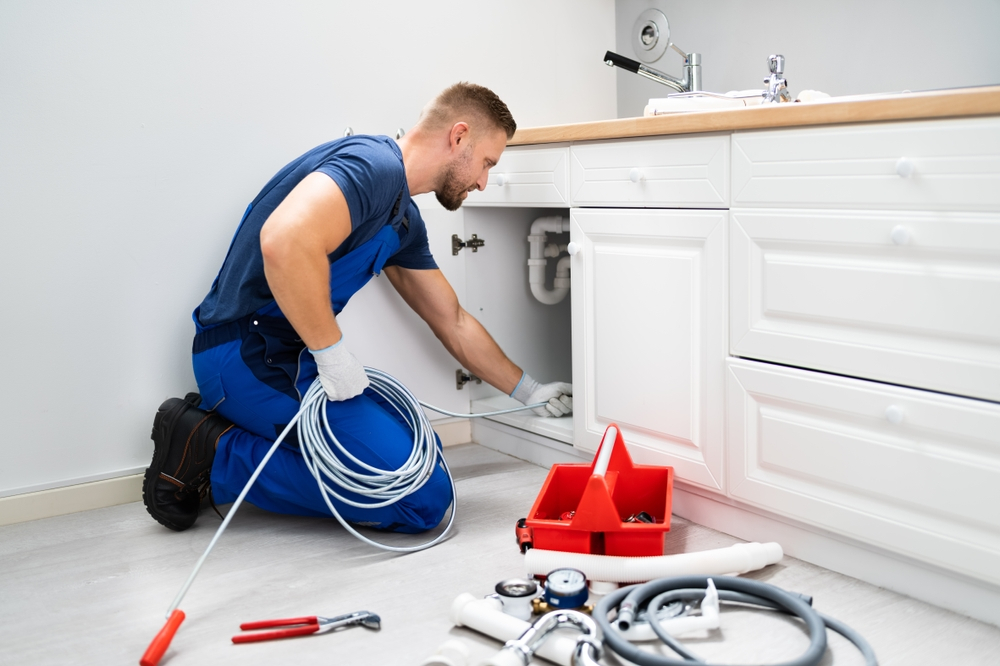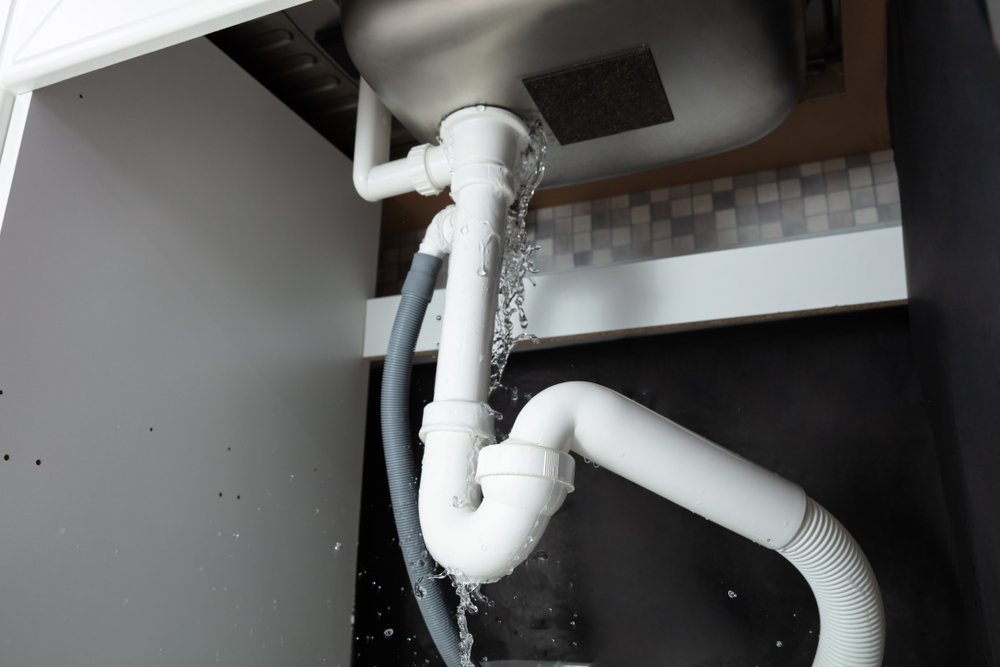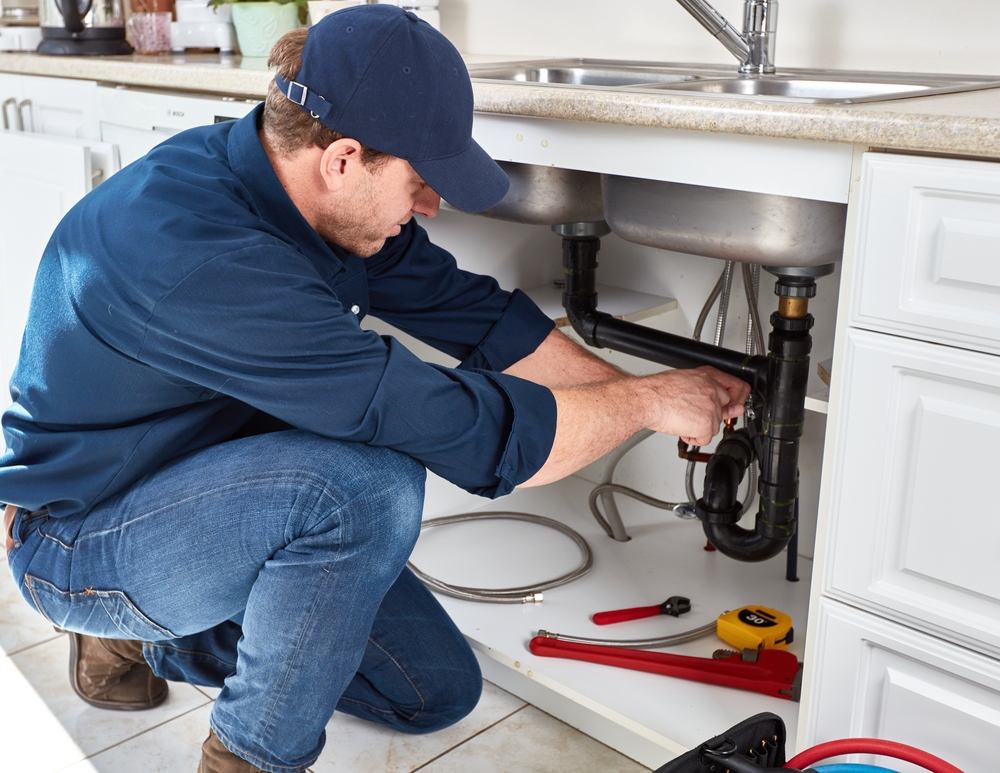Maintaining the effective operation of your home’s plumbing system depends on regular preventative maintenance. Maintaining comfort, hygiene, and safety in your house depends on plumbing systems in great part. Ignoring their maintenance could result in health hazards, water damage, and expensive repairs. Simple preventative actions and proactive routine inspections will help you avoid common plumbing issues and spare yourself unplanned difficulties.
Time spent on consistent plumbing maintenance pays off in many ways. Along with helping you avoid emergency repairs, it increases the lifetime of your plumbing system and lowers energy expenditures. Preventive maintenance covers everything from minor leaks to drain cleaning to system preparation for seasonal changes. This book will lead you through the value of preventative plumbing maintenance and provide doable advice to keep your system in perfect shape.
Importance of Preventative Plumbing Maintenance
Preventive plumbing maintenance is about avoiding major damage to your house, not only about avoiding discomfort. Though minor problems like a slow drain or a leaking faucet appear unimportant, if ignored they can cause big complications. A little leak, for instance, can over time cause structural damage that would need costly repairs. Early on resolving these problems costs significantly less than dealing with the results of neglect.
Potential Consequences of Neglect:
Neglecting plumbing maintenance can lead to various problems, such as:
- Water Damage: Should treatment be neglected, water leaks can seriously damage ceilings, walls, and flooring. Additionally causing health hazards and costly removal is mold development resulting from water damage.
- Higher water costs result from running toilets and leaky faucets wasting hundreds of gallons of water per month.
- Ignoring little problems like leaks or clogs can cause more major plumbing problems including burst pipes, sewer backups, or total system malfunctions.
- Untreated plumbing problems can cause unsanitary environments. For instance, tainted water resulting from pipe corrosion or leaks might compromise the quality of your drinking water; mold and mildew brought on by water leaks can aggravate respiratory problems.
Cost-Effective Nature of Preventative Maintenance:
Preventative plumbing maintenance is a cost-effective approach to homeownership. Regular maintenance chores help you to find minor problems before they become major ones. For example, a little leak that takes minutes to repair could avoid later on needing a significant pipe replacement. Moreover, well maintained plumbing systems run more effectively, which reduces water and energy use.

Tips for Maintaining Your Plumbing System
Maintaining your plumbing system isn’t difficult either. Your plumbing will remain in good shape and you will prevent typical problems with a few easy routines and frequent inspections. These useful advice help you to keep your plumbing system in good condition:
- Regularly Check for Leaks, Clogs, and Drips: Leaks, clogs, and drips are among the most common plumbing problems. Look for any evidence of water leaks in your house—under sinks, around toilets, or near equipment like washing machines and dishwashers. Even the smallest drips should be taken notice since they waste water and cause more issues.
- Monitor Water Pressure and Temperature: Monitoring your water pressure is crucial for preventing damage to your plumbing system. Low water pressure may point to a blockage or other problem; high water pressure might strain pipes and lead to leaks. Check your water pressure often with a pressure gauge. Track also your water heater’s temperature. A too high temperature could lead to scalding and over time damage to your water heater.
- Inspect and Clean Fixtures and Appliances: Inspect your plumbing fixtures and appliances regularly to ensure they are working properly. Look for wear or damage in toilets, showerheads, and faucets. To eliminate mineral deposits that could clog showerheads and cut water flow, clean bathroom fittings including faucets. Don’t overlook any leaks or corrosion in your dishwasher, washing machine hoses, or water heater.
- Properly Dispose of Grease and Food Scraps: One of the most common causes of clogged drains is improper disposal of grease and food scraps. Food wastes can build up and clog your drains; grease can harden in your pipes and create clogs. Steer clear of pouring grease down the drain and toss food waste in the trash or compost bin to help stop this.
- Regularly Clean Drains and Gutters: Regularly cleaning your drains and gutters can prevent clogs and water damage. Use drain covers to gather trash such soap scum and hair that could block your pipes. Clearing your gutters will help to avoid water backing up and damaging the foundation of your house. Frequent drain and gutter repair helps your plumbing system remain effectively operational.
Common Plumbing Maintenance Mistakes to Avoid
Although keeping proactive with plumbing maintenance is crucial, it’s as vital to avoid common errors that could compromise your system. Here are a few errors to be on lookout:
- Using Chemical Drain Cleaners: Chemical drain cleaners may seem like a quick fix for clogs, but they can do more harm than good. These cleaners include strong chemicals that over time might corrode your pipes and cause leaks and expensive repairs. To clear blockages, instead of depending on chemical solutions try using a plunger, drain snake, or natural cures like baking soda and vinegar.
- Ignoring Minor Leaks or Clogs: It’s easy to overlook small plumbing issues like a slow-draining sink or a minor leak, but these problems can quickly escalate. While a tiny clog can become a full blockage, a small leak might cause water damage and mold growth. Early resolution of these difficulties helps to avoid more major problems down-road.
- Not Hiring a Professional for Complex Issues: While DIY plumbing solutions can be effective for minor issues, some problems require the expertise of a licensed plumber. Fixing difficult problems on your own could cause more harm and expensive repairs. See a professional if you’re not sure how to approach a plumbing issue.

Seasonal Plumbing Maintenance
Every season presents unique problems for your plumbing system. Through year-round targeted maintenance, you may guard your plumbing from seasonal problems:
Winter:
Winter is a critical time for plumbing maintenance, as freezing temperatures can cause freezing pipe and burst. Insulate exposed pipes—especially those in unheated places like basements, attics, and garages—to stop this. Keep the thermostat in your house set at a constant temperature even when you are away; disconnect and drain outdoor hoses. When on vacation, think about leaving a faucet slightly open to let a tiny stream of water pass through the pipes, therefore lowering the freezing danger.
Spring:
Spring is the perfect time to inspect your plumbing for any damage caused by winter weather. Look for leaks—especially in outdoor sprinklers and faucets—then fix them right away. To guarantee ideal drainage, clear any trash from drains and gutters. To further check for any possible obstructions or root infiltration, which can seriously affect plumbing, think about arranging a professional examination of your sewage line.
Summer:
In the summer, outdoor plumbing gets more use. Look over your garden hoses, sprinklers, and pool equipment for wear and tear or leaks. Summer is also an excellent season to look for indications of sewer line issues since tree roots can block pipes in this season. Turn off the main water supply if you intend to be gone on vacation to stop any possible leaks.
Fall:
Fall is the time to prepare your plumbing system for the colder months ahead. Examine your water heater to be sure it is running effectively; next, think about flushing it to clear sediment. To avoid clogs that could cause water damage, clean leaves and trash from gutters and downspouts. Turn off and empty exterior water lines to stop winter freeze.
Other Preventative Measures
Apart from regular maintenance, there are various more preventive steps you could follow to safeguard your plumbing system:
- Install Water Alarms and Shut-Off Valves: Water alarms are a great way to detect leaks before they cause significant damage. To notify you to leaks, set these alarms next to washing machines, water heaters, and other appliances. Shut-off valves help to rapidly halt water flow in the event of a significant leak, therefore preventing significant damage of water. Think about running shut-off valves on every main water pipe in your house.
- Insulate Pipes: Insulating your pipes can protect them from freezing temperatures and reduce energy costs by maintaining the temperature of hot water as it travels through your pipes. Pipes found in unheated spaces like basements, attics, and garages especially depend on insulation. Given its relative low cost and simplicity of installation, pipe insulation is a worthy investment.
- Flush Your Water Heater Regularly: Over time, sediment can build up in your water heater, reducing its efficiency and potentially causing damage. At least once a year flushing your water heater will help to remove sediment and maintain its operational efficiency. Not only does regular water heater maintenance increase its lifetime but also guarantees a consistent hot water supply.

The Importance of Hiring a Professional
Although many plumbing maintenance chores may be done on your own, occasionally it’s preferable to bring in a professional. Licensed plumbers guarantee that your plumbing system is in good operating condition and possess the knowledge and tools required to handle difficult problems.
Hiring a professional plumber helps to prevent future problems by pointing up flaws that might not be obvious to the unqualified eye. They can also do routine inspections, find leaks, and offer helpful tips on keeping your plumbing system in good working order. Professionals guarantee proper and quick completion of repairs since they possess the gear and knowledge to handle even the most difficult plumbing issues.
Although hiring a professional might be more expensive initially, by avoiding significant repairs, you will ultimately save money. A plumber might find and repair a minor leak, for instance, before it becomes a major pipe replacement. They can also guide you on the best ways to keep your plumbing system in good working order, therefore preventing typical errors and extending the lifetime of your appliances and pipes.
Researching your options for a plumber is absolutely crucial. Verify the plumber’s license, insurance, and reputation to be sure she is qualified. To identify a trustworthy specialist, ask friends or relatives for advice and peruse internet evaluations. To be sure you are getting a fair price, also take into account obtaining several quotations for a job.
Conclusion
Maintaining the best condition of your house depends on regular preventive plumbing maintenance. Frequent maintenance helps your appliances and pipes last longer, saves money, and stops water damage. Following the advice in this book will help you to guarantee effective operation of your plumbing system and prevent expensive repairs. Don’t forget to schedule frequent inspections, steer clear of common errors, and, when necessary, consult experts.
Long-term savings of time, money, and worry will come from preventative plumbing maintenance. Don’t wait to act based on a plumbing emergency. Start doing preventative maintenance right now to experience the peace of mind that results from a plumbing system kept up.
Plumbing Services CA
https://maps.app.goo.gl/31Yt4rhDrainzNJ4A
(279) 203-0765
https://plumbingservicesca.com/
